

ClarifyPDF is a revolutionary AI-powered tool that allows users to ask questions related to their PDF documents and get precise answers in real-time. With its advanced technology, users can easily navigate through complex documents and get the information they require without having to spend hours reading through cumbersome documents. This innovative tool promises to revolutionize the way we work with PDF documents and make it easier for users to find the answers they need. By bringing cutting-edge AI capabilities to PDF readership, ClarifyPDF is set to transform the way we interact with digital documents.
Wesearch has revolutionized the market research industry by providing a simplified tool that makes market research effortless. With the ever-growing demand for accurate and timely market data, Wesearch offers a user-friendly platform that helps businesses quickly gather relevant information about their target audience, competitors, and industry trends. The tool's simplicity and accuracy enable businesses to make informed decisions and stay ahead of the competition. Wesearch's innovative approach to market research has earned it a reputation as a game-changer in the industry, and it continues to help businesses of all sizes succeed.
The field of artificial intelligence (AI) has been rapidly advancing over the years, with new research papers and breakthroughs emerging every day. However, keeping up with all the latest developments can be a daunting task for researchers and experts in the field. This is where AI-RnD comes in - providing a centralized hub for AI research papers and collaboration. With a vast database of research papers and a platform for experts to connect and collaborate, AI-RnD aims to accelerate the progress of AI research and ultimately contribute to the development of more advanced AI technologies.
Hubble is an innovative user research and feedback platform that empowers businesses to develop exceptional products by leveraging contextual feedback from specific users. This cutting-edge tool enables companies to gather in-product feedback using SDK, prototype concept testing, and qualitative research questions. Additionally, Hubble leverages the power of ChatGPT by OpenAI to build study templates, thereby creating an immersive and seamless user experience. With Hubble, companies can gain valuable insights into their product development processes and create world-class products that meet their customers' needs.
ResearchGPT is an innovative platform that enables users to have a conversation with a research paper. It provides an easy-to-use user interface that can be used to access either uploaded PDFs or PDFs hosted online. ResearchGPT simplifies the process of searching for and retrieving research papers, making it easy to access the information needed for academic and professional purposes.
Elicit is an Artificial Intelligence (AI) research assistant designed to help scientists and researchers save time and resources during their research process. By using advanced machine learning algorithms, Elicit can access a vast repository of data to quickly find the most relevant information for a particular inquiry. It can also suggest related topics, suggest new sources of information, and even offer new ideas and connections. Elicit provides a powerful and efficient platform for scientists and researchers to explore their areas of interest and discover new insights.
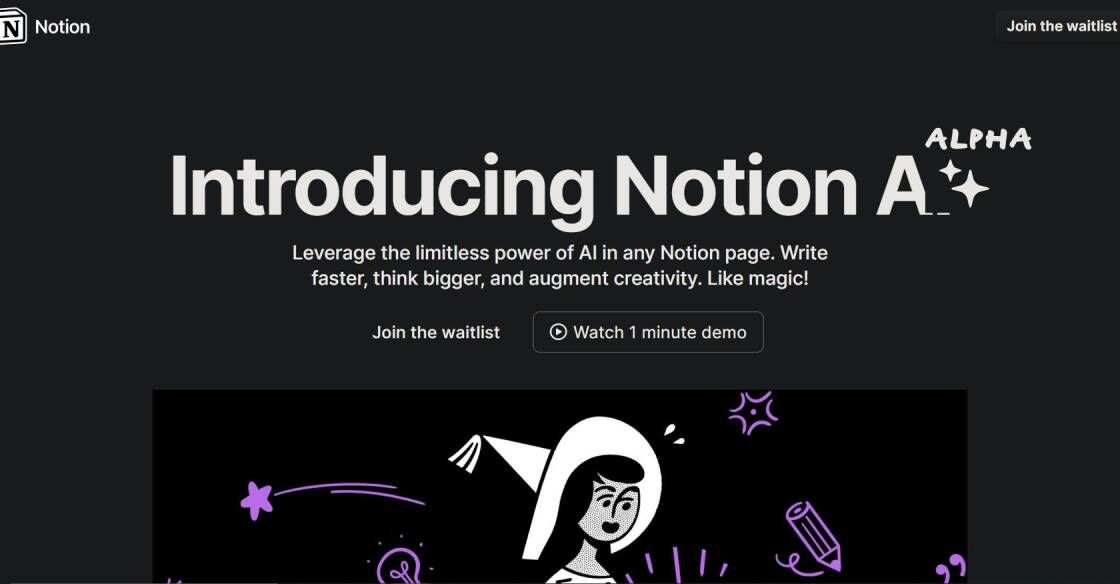
Notion AI
Leverage the limitless power of AI in any Notion page. Write faster, think bigger, and augment creativity. Like magic!
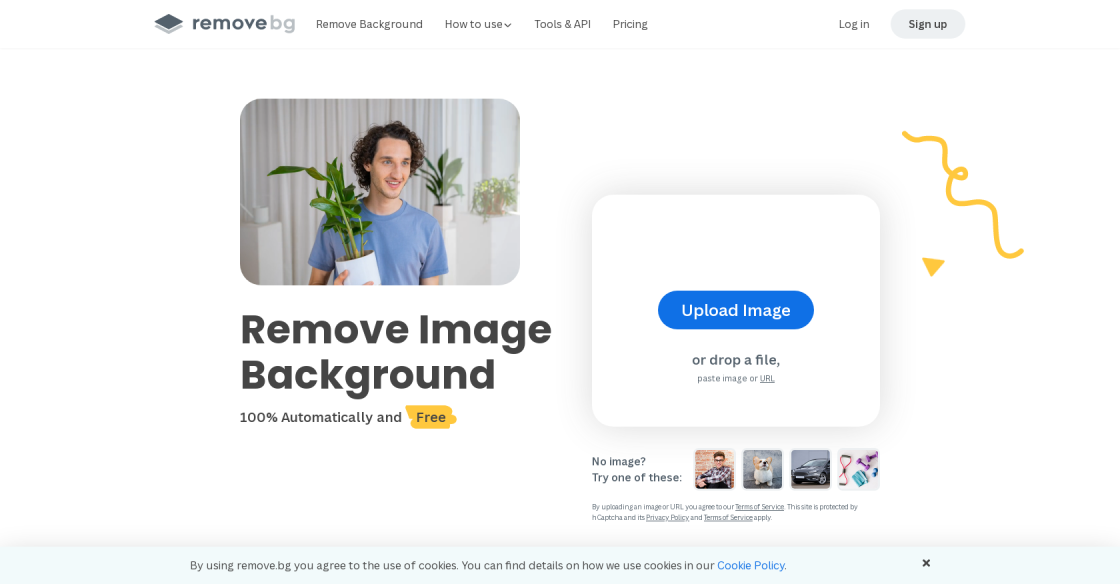
Remove.bg
Remove Background from Image for Free – remove.bg
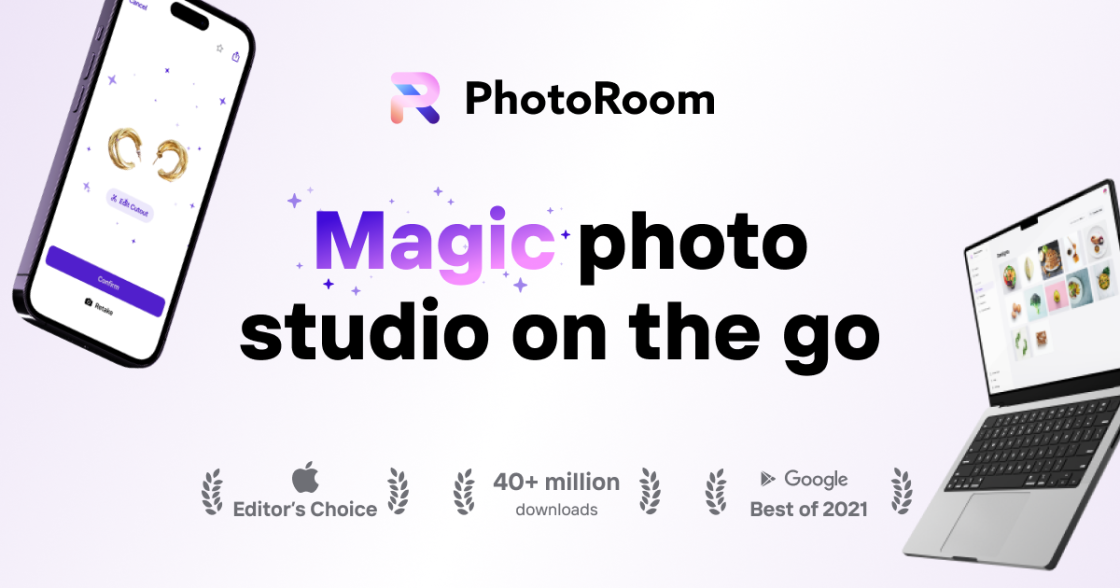
PhotoRoom
PhotoRoom - Remove Background and Create Product Pictures
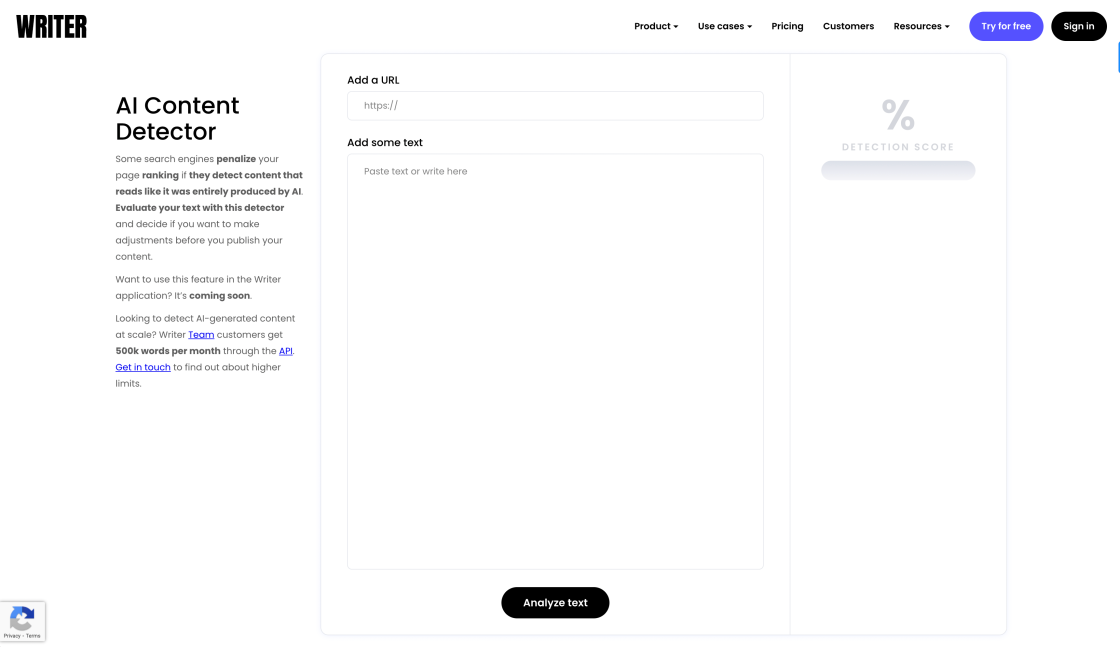
AI Content Detector
AI Content Detector | GPT-3 | ChatGPT - Writer
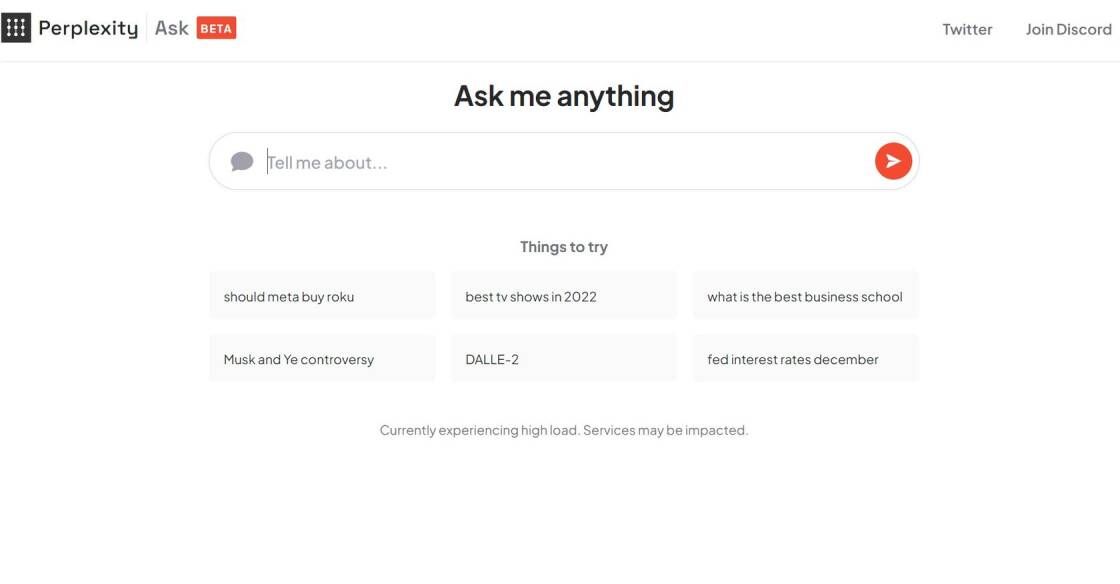
Perplexity AI
Building Smarter AI
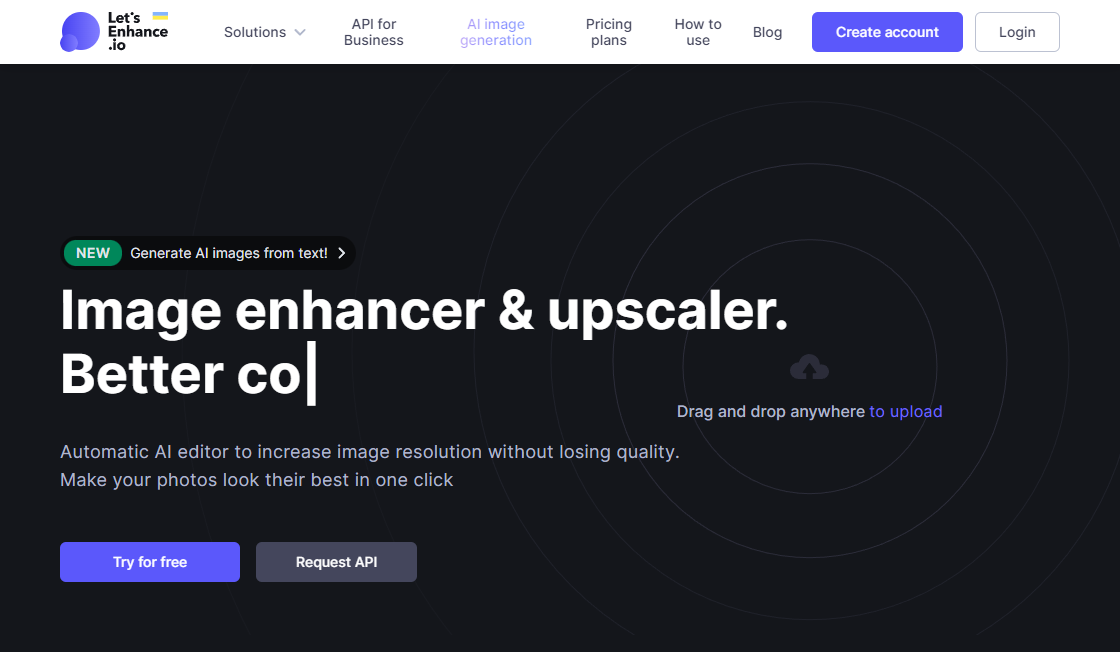
Let’s Enhance
Let’s Enhance - Image Quality Online App & Free Photo Enlarger
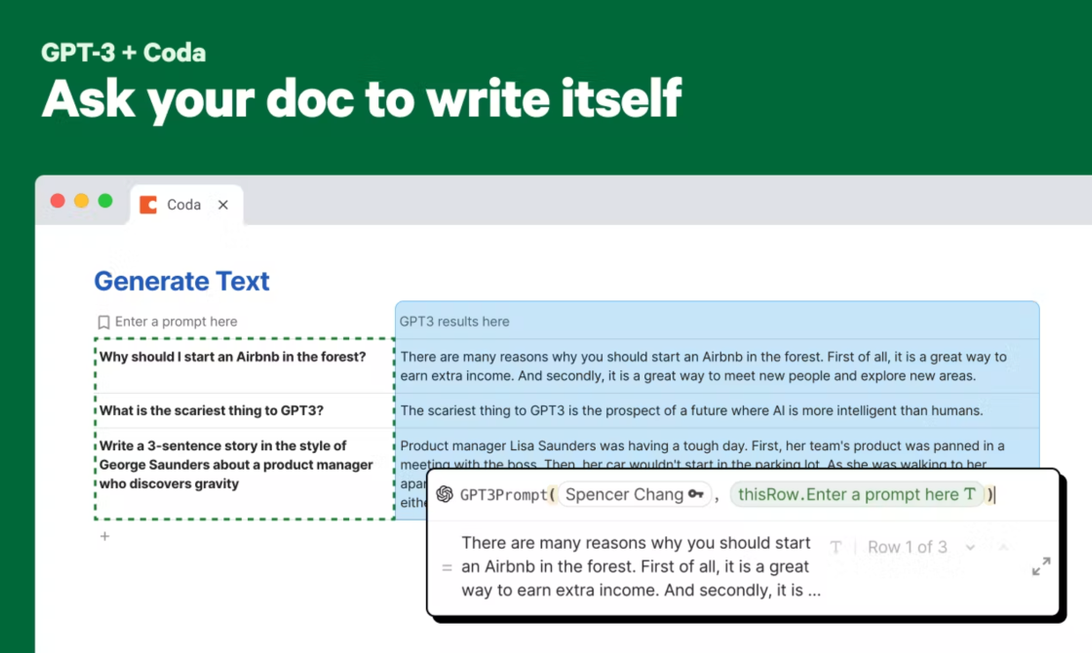
OpenAI For Coda
Automate hours of busywork in seconds with GPT-3 and DALL-E.

ChatGPT Pro
ChatGPT Plus Access | OpenAI Help Center
In the era of Big Data, Artificial Intelligence (AI) is making its way into various sectors, including the arts, music, and travel. Gnod (Global Network of Discovery), an AI system, is a prime example of how technology is revolutionizing these industries. Gnod is designed to provide personalized recommendations to users searching for new art, music, and travel ideas. The AI algorithm behind Gnod uses machine learning and data mining techniques to analyze a user's preferences and tastes, providing them with suggestions that match their interests. This innovative technology has transformed the way people discover new artists, musicians, and travel destinations. Moreover, Gnod shows the potential of AI beyond its capabilities in data analysis and decision-making. It opens doors for a new kind of creativity and support to artists by connecting them to their audience, as well as offering solutions to tourists seeking authentic experiences. With this, it is clear that Gnod's AI technology has the power to disrupt traditional forms of discovery, transforming the way we engage with the arts, music, and travel.
Gnod is an AI-based recommendation engine that specializes in providing personalized suggestions for art, music, and travel.
Gnod uses complex algorithms and data analysis to recommend content based on user preferences and behaviors.
Yes, Gnod is entirely free to use for anyone looking for recommendations for art, music, or travel.
Yes, Gnod is accessible through any web browser and can be used on a mobile device or computer.
Gnod offers recommendations for music artists, books, movies, art galleries, museums, tourist attractions, and even cities to visit.
Gnod's algorithms are continually updated and refined to provide the most relevant and accurate recommendations possible.
Yes, Gnod allows users to save their favorite recommendations for easy access later.
Gnod collects minimal data about its users to personalize recommendations but does not share this information with third-party advertisers.
Yes, Gnod offers a unique feature called "The Generator," where users can input specific keywords or phrases to generate personalized recommendations.
Users can send feedback directly to Gnod via email or social media channels.
| Competitor | Description | Difference from Gnod |
|---|---|---|
| Pandora | Music recommendation platform that uses a music genome project, providing personalized radio stations based on a user's music preferences. | Focuses solely on music recommendations whereas Gnod also covers art and travel recommendations. |
| Last.fm | Music recommendation platform that uses a user's listening history, allowing users to explore new music and connect with other users who have similar music preferences. | Similar to Pandora in focusing only on music recommendations. |
| TripAdvisor | Travel recommendation platform that provides user-generated reviews and recommendations for hotels, restaurants, and attractions worldwide. | Solely focused on travel recommendations, with no coverage of art or music recommendations. |
| Artfinder | Art recommendation platform that uses machine learning algorithms to suggest personalized art based on a user's preferences. | Specializes in art recommendations, unlike Gnod which covers all three categories. |
Gnod is an AI-powered platform that provides recommendations for art, music, and travel. The platform utilizes complex algorithms to analyze user data and behavior patterns to provide personalized recommendations. Gnod is designed to help users discover new and exciting things based on their interests and preferences.
One of the key features of Gnod is its ability to learn from user feedback. The more a user interacts with the platform, the more it understands their tastes and preferences. Gnod uses this information to provide even more accurate recommendations over time.
In terms of music recommendations, Gnod provides suggestions based on various factors, such as the user's favorite genres, artists, and individual tracks. It also takes into account the user's listening history and recommends new songs or albums that align with their tastes. Additionally, Gnod offers suggestions for live music events and concerts in the user's area.
For art lovers, Gnod provides recommendations based on the user's preferred styles, movements, and artists. The platform also suggests museums and galleries to visit based on the user's location.
Gnod's travel recommendations are based on factors such as the user's preferred travel style, budget, and destinations. The platform provides personalized suggestions for accommodation, activities, and attractions based on the user's interests.
Overall, Gnod is a powerful tool for individuals looking to explore new and exciting experiences in the realms of art, music, and travel. Its intelligent algorithms and user-focused approach make it a must-have for anyone looking to discover new things in these areas.
TOP